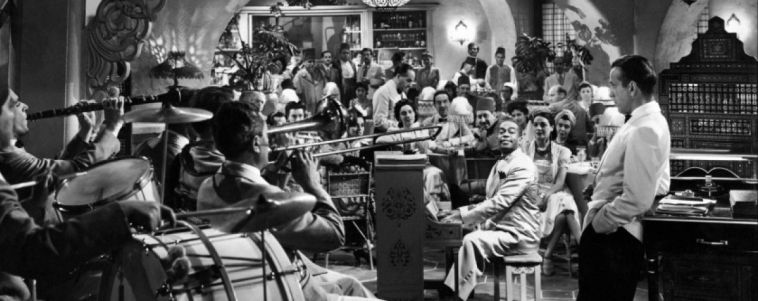August: Osage County opens amidst the hay bales of the American Midwest and with the words of T.S. Eliot - "Life is very long" - but the truest expression of it likes in the cramped confines of the Westen family's plantation-style home and the words of W.B. Yeats: "Things fall apart".
Following the disappearance of its scholarly, long-suffering patriarch, Beverly (Sam Shephard), the Westen's regroup with the supposed purpose of consoling his ailing, cantankerous wife, Violet (Meryl Streep). In the film's biggest performance, Streep, bewigged and gaunt with pain, swaggers around the house, doped-up and obnoxious, speaking out acidulously against her assembled relatives. She calls it truth telling: she's a drug addict; her beloved absent husband, an alcoholic; the marriage of her eldest daughter, Barbara (Julia Roberts), is on the rocks.
The environment is, curdled, stewed in resentment and second-hand smoke, toxic - Violet is a chain-smoker in spite of her mouth cancer, what Barbara refers to drolly as "the punchline". Tracy Letts' writing in August: Osage County is superlative, as you'd suppose with the original play: the plight of each family member, blood or otherwise, is acutely, often painfully sketched. "Little" Charles (Benedict Cumberbatch) is saddled with a disapproving but otherwise humorful mother (Margo Martindale); Barbara struggles to relate to her teenage daughter, Jean (Abigail Breslin).
Even at a respectable two-hours run-time, the film feels overstuffed with relationships and performances, cluttered. Roberts turns in her best performance in years, perhaps ever, as a woman described by the adulterous Bill (Ewan McGregor) as "passionate", "deep", "funny", but "not open" (and a "pain in the ass!"). In a tighter, more compact film, the rivalry and resentment between the nervy Barbara and prickly Violet would be the focus; here it's just a feature. As such, when a protracted dinner scene erupts in sudden histrionic violence, it feels a bit overdone.
There's just no space for a proper run-up. August: Osage County's ensemble is second-to-none and every character gets their moment - Chris Cooper's "Big" Charles a hand-wringing grace; Julianne Nicholson's vulnerable Ivy a heartbreaking revelation; Juliette Lewis' self-involved Karen a moment of bitter self-awareness. The dramatic richness is undeniable, but, like any good stew, in need of reduction. The number of personalities battling for prominence, acknowledgment, actors as well as characters, makes the film almost a metaphor for itself.
The film veers from one family crisis, one earnest conversation, one face-off, to the next, and John Wells' workmanlike direction never quite manages to overcome the inherent theatricality. A critical mass of great dramatic actors doesn't make a great dramatic film, despite some great dramatic performances, and with so much material the payoff feels fatally incomplete. Still, with a Native American housekeeper providing yet more thematic subtext and Dermot Mulroney's scumbag "fiance with a Ferrari", the film is remarkable.
With an extra forty minutes or a few less characters, August: Osage County could have been a world-beater, instead of a just Harvey Weinstein's 2013 prestige pic, an overstuffed Christmas goose that, while nourishing, could well have been a domestic Glengarry Glen Ross.





I've decided not to go see it, but read the Pulitzer Prize winning play instead. Some plays don't translate well into film, even if the playwright is connected with the screenplay. As much as I would like to see the performances of Streep, Roberts et al, some of the subject material is too close to home for comfort and therefore I don't want it in my face on the big screen.
ReplyDelete